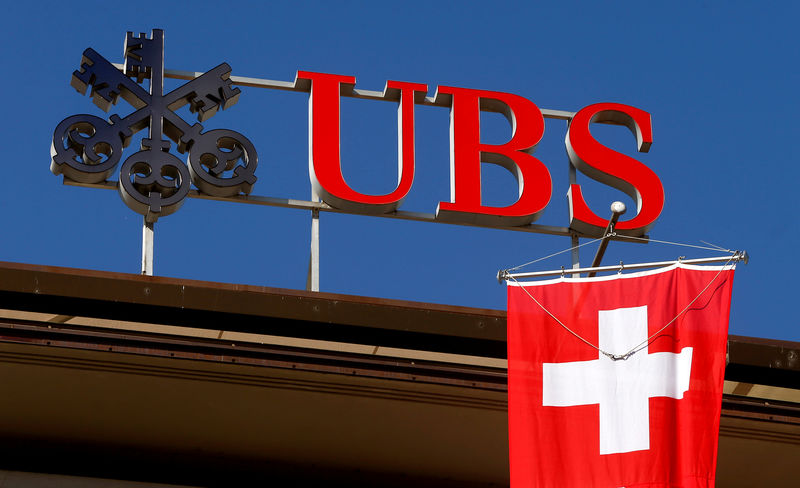Nvidia and TSMC to unveil first domestic wafer for Blackwell chips, Axios reports
Investing.com -- Credit fears in U.S. bank stocks may be exaggerated, UBS said, arguing that even under a severe scenario, potential losses tied to nondepository financial institution (NDFI) lending appear “more than manageable.”
“Nothing else appears to matter when credit quality is in question,” UBS wrote, noting that “recent high-profile bankruptcies and credit pre-announcements are sending shudders through bank stocks,” particularly among regionals.
The focus, UBS stated, has been on NDFI lending, which accounts for about 14% of total loans in its coverage universe, and has grown roughly 60% industry-wide since 2018.
The bank examined a “worst-case scenario” where NDFI losses mirror peak-cycle C&I losses seen during the Global Financial Crisis. “We see a 14% EPS impact if NDFI losses looked like historical C&I,” UBS remarked.
Under this most stressed case, “we see a 15% EPS hit in this analysis for money centers, and 12% for regionals, all else equal.”
If losses were applied to only half the NDFI book, the hit would shrink to “8% for money centers and 7% for regionals.”
UBS added that even in these cases, “the hit to TBV would be negligible,” and banks would “stay profitable” and continue “accreting dollar capital.”
“Stocks typically react more dramatically than the math bears out when credit is in question,” the bank commented.
The firm urged investors to “stay vigilant, but not avoid the entire sector,” adding that “the best line of defense is strong PPNR power,” highlighting JPMorgan (NYSE: JPM) among large banks and Huntington Bancshares (NASDAQ: HBAN) among regionals.
Meanwhile, "Capital One Financial (NYSE: COF) seems to have been thrown out with the proverbial bathwater, and looks far too undervalued here," UBS concluded.
